The Pursuit of Positivity in the Workplace: Q&A with Happiness Expert Shawn Achor
How do you define happiness? How do you think it relates to the productivity of your team? Are your employees and coworkers happy? These answers affect more than just day-to-day emotions and interactions. They affect revenue and the culture of your business.
As we try our best to free ourselves from distraction and conduct endless research on how to achieve an advantage over competitors, we forget about the biggest productivity enhancer and competitive advantage of all: a positive work environment.
We spoke with Shawn Achor — happiness author, GoodThink Co-Founder and CEO, and TED Talk speaker — about the importance of happiness in the workplace and how positivity is scientifically proven to impact a business. Read the full Q&A below:
1. How do you define happiness? Does this definition change as we grow older?
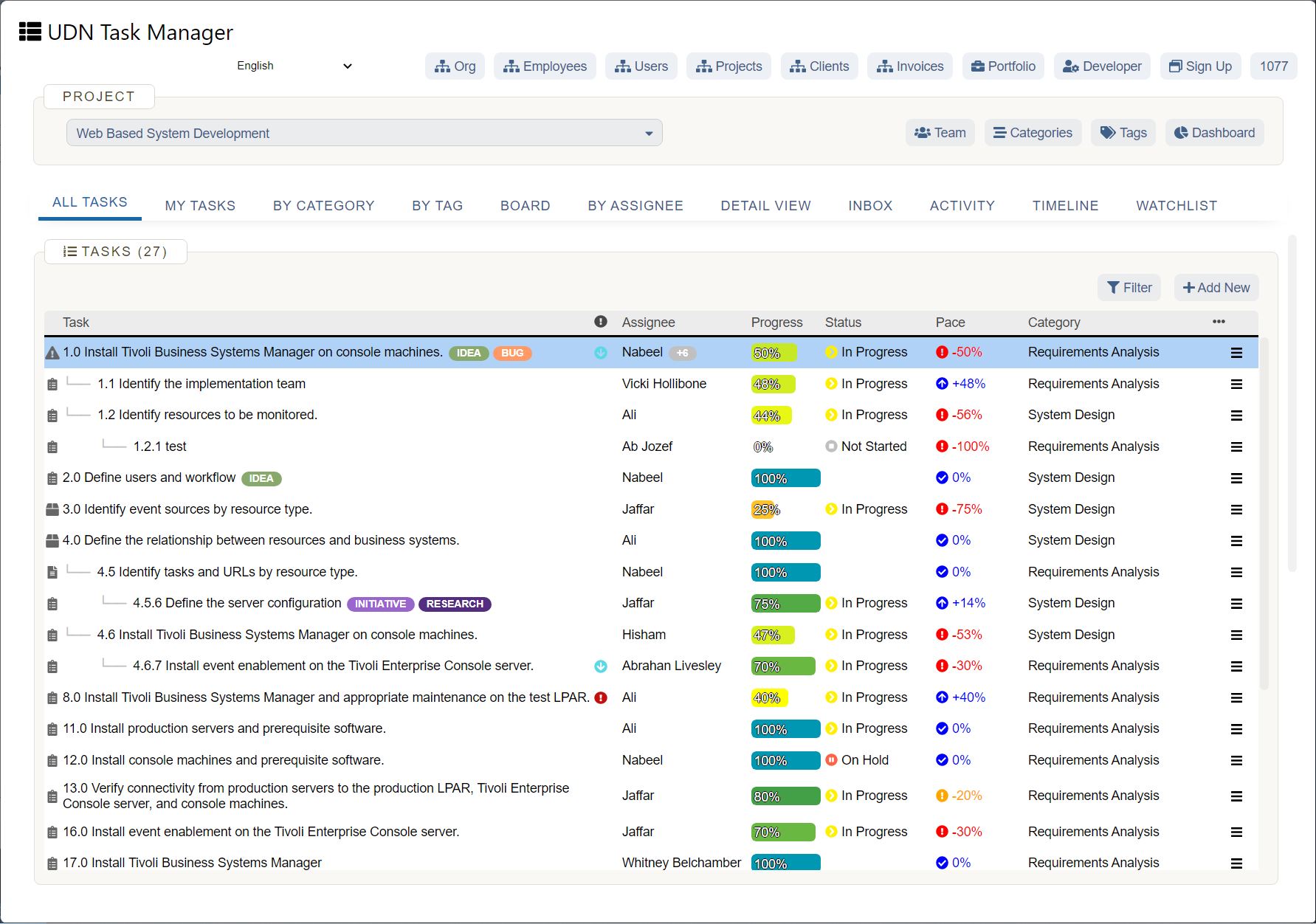
We need to redefine what happiness means. The ancient Greeks defined happiness as “the joy we feel striving toward our potential.” This changes the way we pursue happiness. Joy is something you can feel even in the ups and downs of life, even when things are not pleasurable. And joy is something we feel that moves us toward our potential or growth. We get closer to our potential when we grow in our relationships, or in our understanding of the world, or as altruists and compassionate human beings.
The opposite of happiness is not unhappiness. Unhappiness can encourage us to make positive changes. The opposite of happiness is apathy, the loss of joy in our life. To me, this definition doesn’t change over time.
2. How can we distinguish between long-term happiness and temporary bouts of pleasure and success?
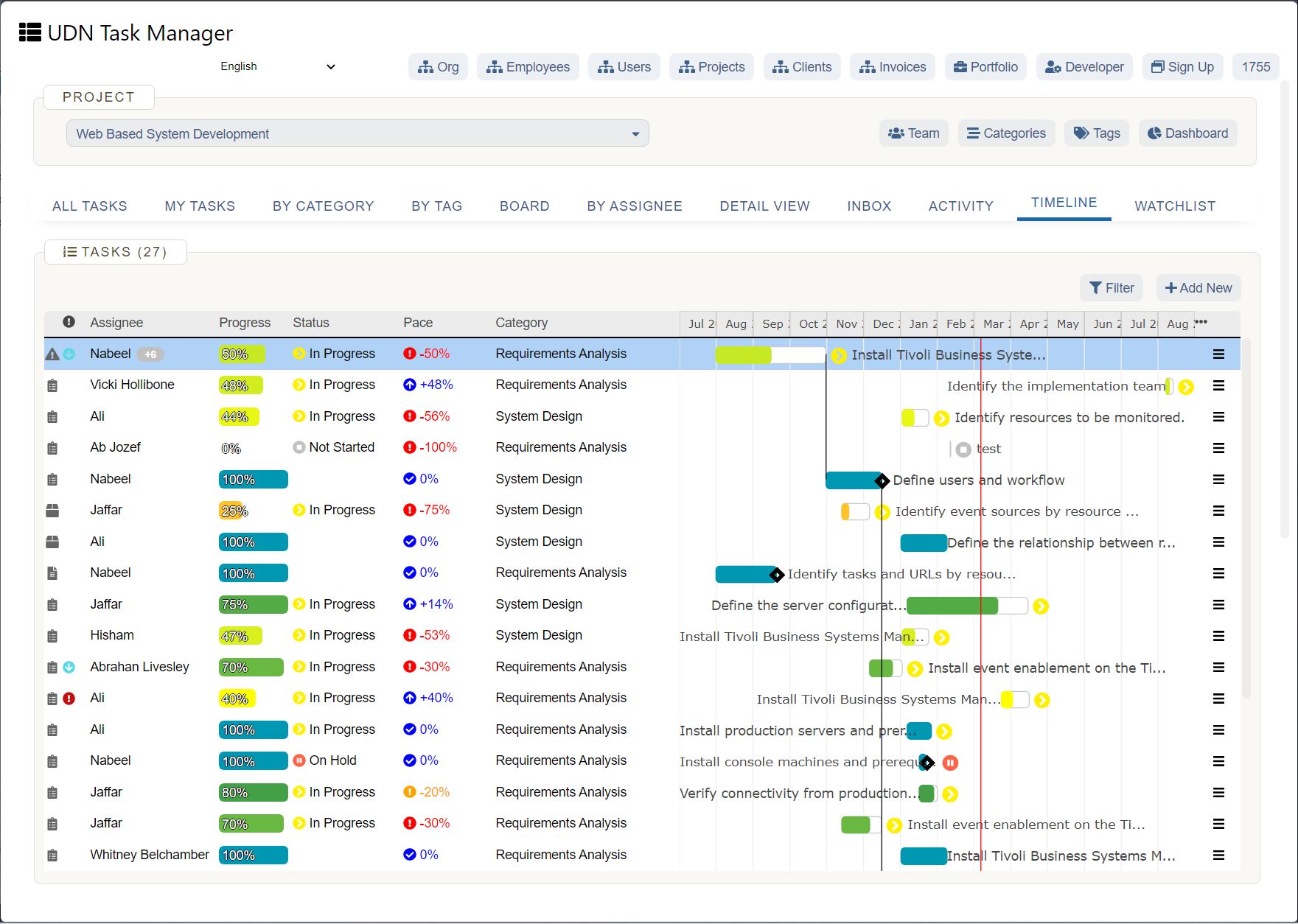
Having traveled to 51 countries over the past five years, I’ve learned two things: everyone has a different definition of happiness, but what creates happiness is universal. As we measure happiness, we allow people to use their own definitions. Just like with pain at a hospital, there’s no pain-meter we can hook you up to. The same is true for happiness. You are just as happy as you feel you are. But what creates happiness is universal.
Social support and connection are the greatest predictors of long-term happiness. In my research, I've found that there’s a 0.7 correlation between happiness and social support (which is incredibly high) — stronger than the correlation between smoking and cancer!
Happiness, universally, is a choice based upon how we perceive the reality we find ourselves in. Which is why some people can be happy living in poverty and some affluent people are miserable. The United States is good about realizing that we need to seek happiness instead of just success, but the US has a long way to go to match the happiness of some less economically developed countries who realize that real social connection, physical exercise, being out in nature, not playing the materialism game, are crucial to happiness.
I am hoping that, for schools and companies, we can stop using the "if you’re successful then you’ll be happy" formula, because that formula does not work. Rather, we need to realize that happiness fuels the success of a nation and individuals alike.
"Everyone has a different definition of #happiness, but what creates happiness is universal" via @shawnachor @wrike
3. What barriers keep people from experiencing happiness?
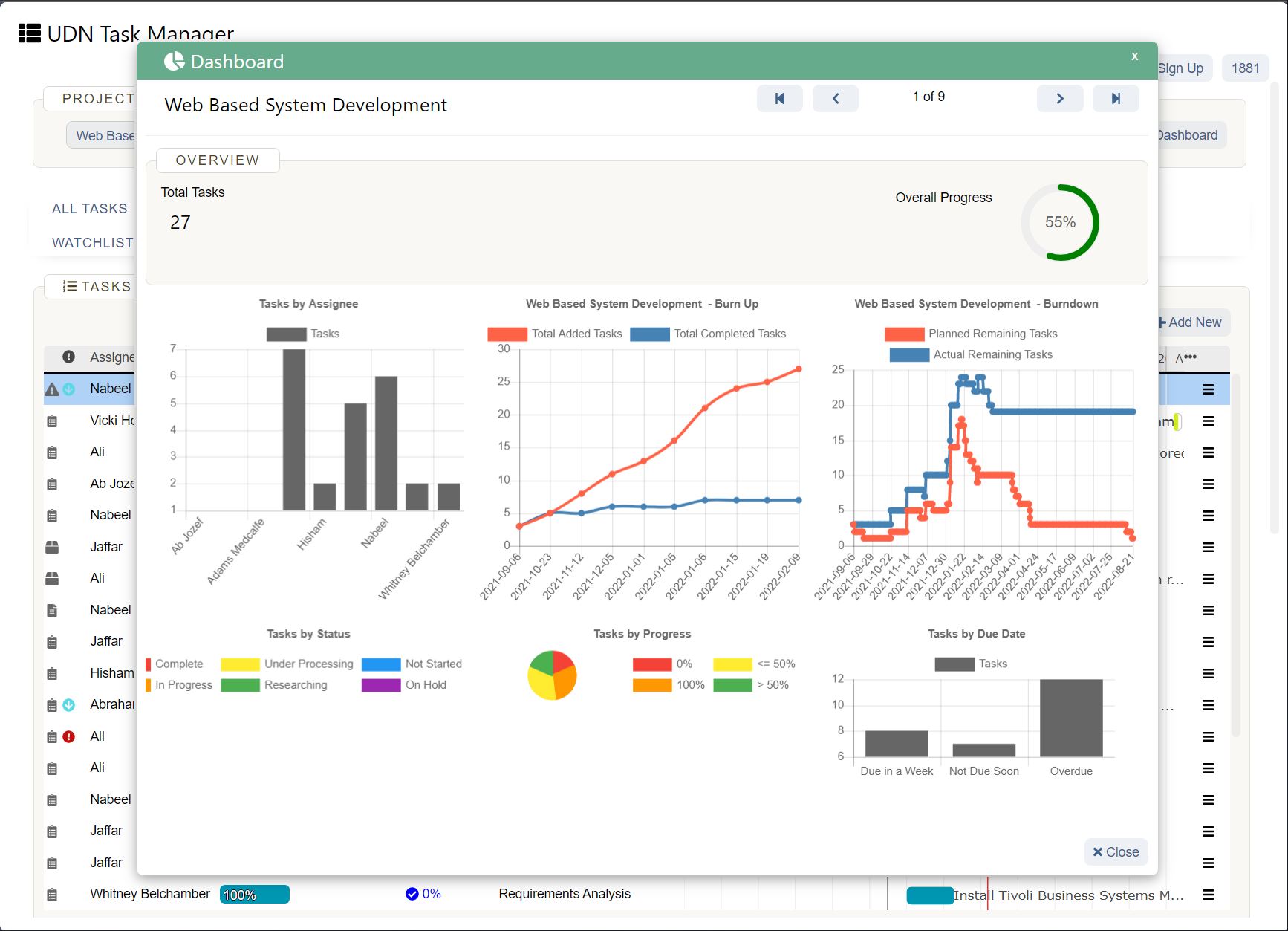
The biggest barrier is most people think they can’t change. Most of the public thinks you’re either born positive or not, and that you cannot change. This understanding is 20 years behind the actual science.
We now know that yes, genes seem to predict levels of happiness, intelligence, and success on average, but that is because the average person does not fight their genes. We rarely break free from our genes by creating voluntary habits designed to train our brain to act differently. If you look at the same research that “proves” genes matter, you’ll see outliers all over the place proving that genes do not have to be the end of the story. This is the research we need to share with the world. We can escape the tyranny our genes and environment have over our happiness. Happiness can be a choice.
4. What 3 tips would you give someone who struggles to find long-term happiness?
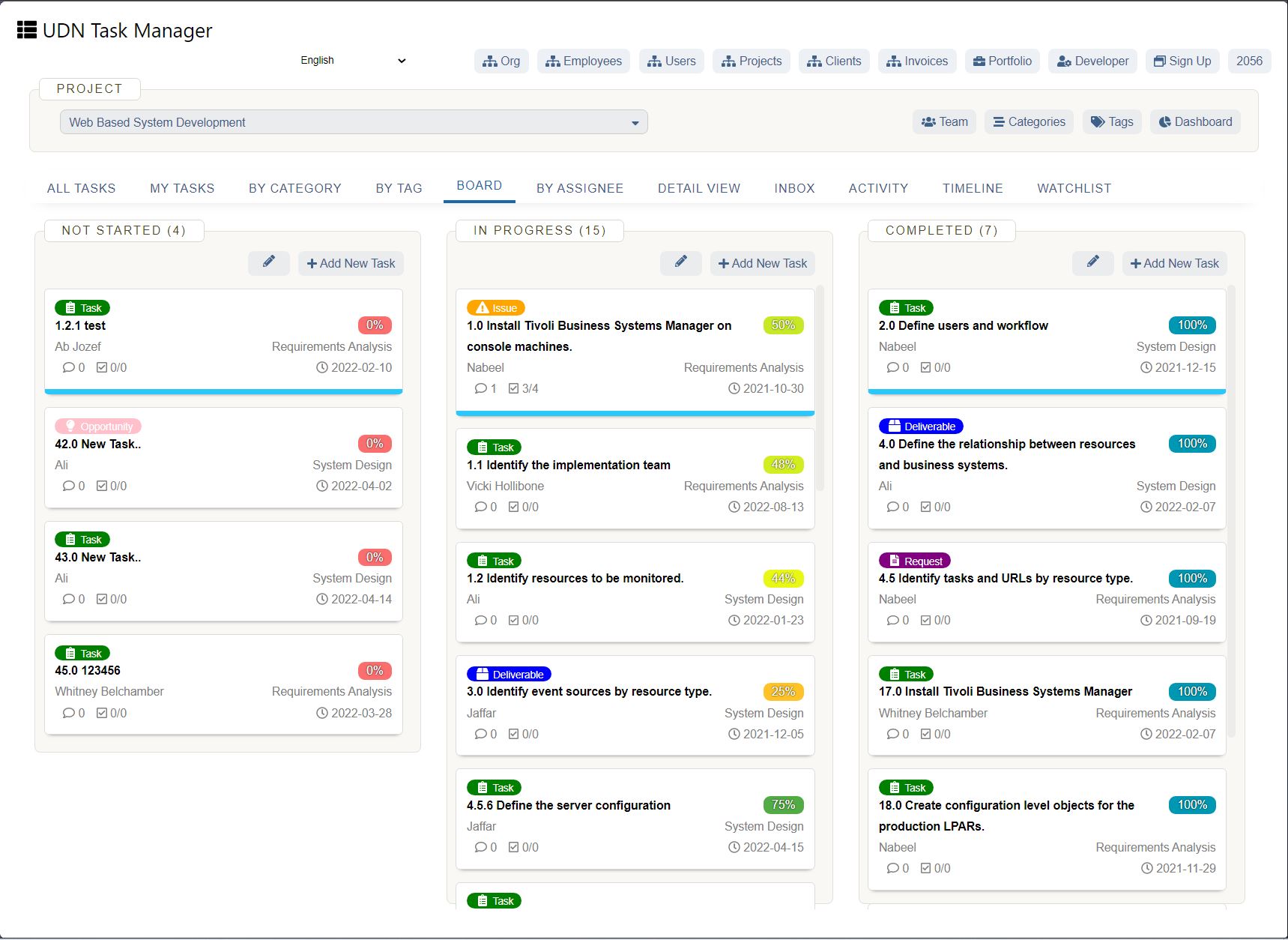
1. Practice gratitude on daily basis while you brush your teeth. Researchers have found that finding three new things you’re grateful for every day can move people dramatically on the optimism scale.
2. Write a positive note or email each day praising or thanking someone. If you make this a short note, less than two minutes, this is a daily routine that we have found dramatically raises your social connection score. Researchers have found that social connection is as predictive of how long you will live as obesity and smoking.
3. 15 minutes of cardio a day or three times a week for 30 minutes is the equivalent of taking an antidepressant.
"15 min of cardio a day or 3x a week for 30 min is the equivalent of taking an antidepressant" via @shawnachor @wrike
5. If happiness leads to success (and not the other way around), how can we take action in the workplace to improve the overall happiness of employees?
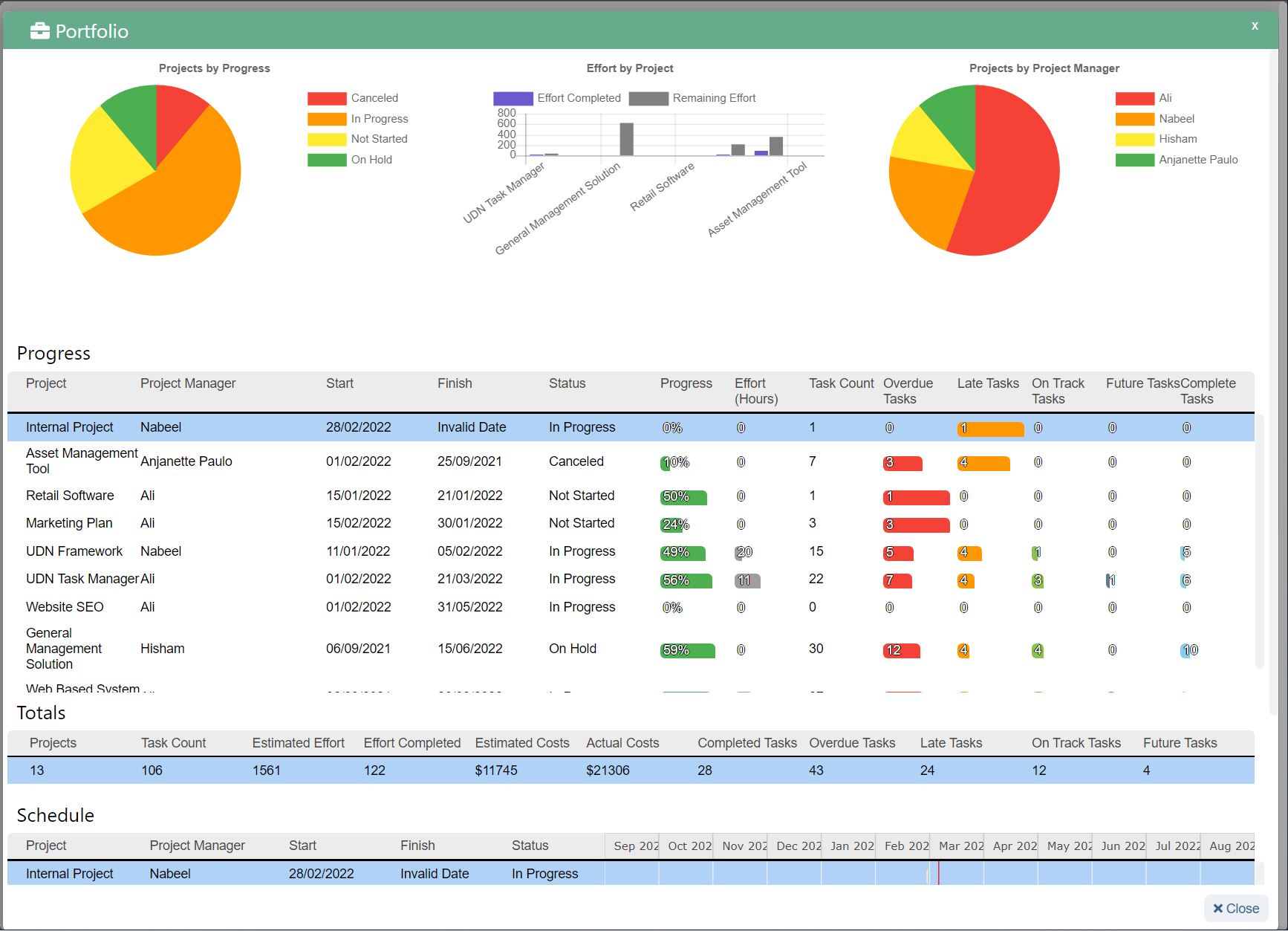
The summary of my Harvard Business Review article is this: the greatest competitive advantage in the modern economy is a positive and engaged brain. The human brain at positive has an unfair advantage over that same brain at negative or neutral. When we are positive, we show 31% increase in productivity, 40% increased likelihood to get a promotion, 23% fewer stress-related symptoms, 37% higher sales — the list goes on and on.
In my book Before Happiness, I describe the X-spot research which shows that we accelerate toward a goal the closer we perceive success to be. For a business example, think about a coffee shop that offers a card where if you buy 10 coffees, you’ll get one free. That strategy works much better if you help the customer feel that they’ve made great progress. So you have to buy 12 coffees, but you get two stamps free. In the first, you start out 0% toward your goal. In the second, you are 18% on your way. So as you set sales goals, product goals, or even make checklists, make sure you are already indicating progress.
Each bit of perceived progress acts as a success accelerant for the brain. The X-spot in a marathon is 26.1 miles into the race. That's where they put medical crews, because your body gets such a huge rush of neurochemical accelerants that some people cannot take it. We obviously don’t want people having heart attacks, but this shows how powerful perceived success can be. At work, we can use some of those accelerants to propel growth.
Happiness is a choice, but leaders and companies can make that choice easier by providing education on how to raise positivity in the workplace, creating social engagements, and authentically praising individuals. My job is to use the science to convince companies that the greatest competitive advantage in the modern economy is a positive and engaged workforce. Those that realize that, focus on helping cultivate positive work environments which results in the happiness advantage.
"The greatest competitive advantage in the modern economy is a positive & engaged workforce" via @shawnachor @wrike
6. What's a big new trend that you see coming that people aren't paying enough attention to?
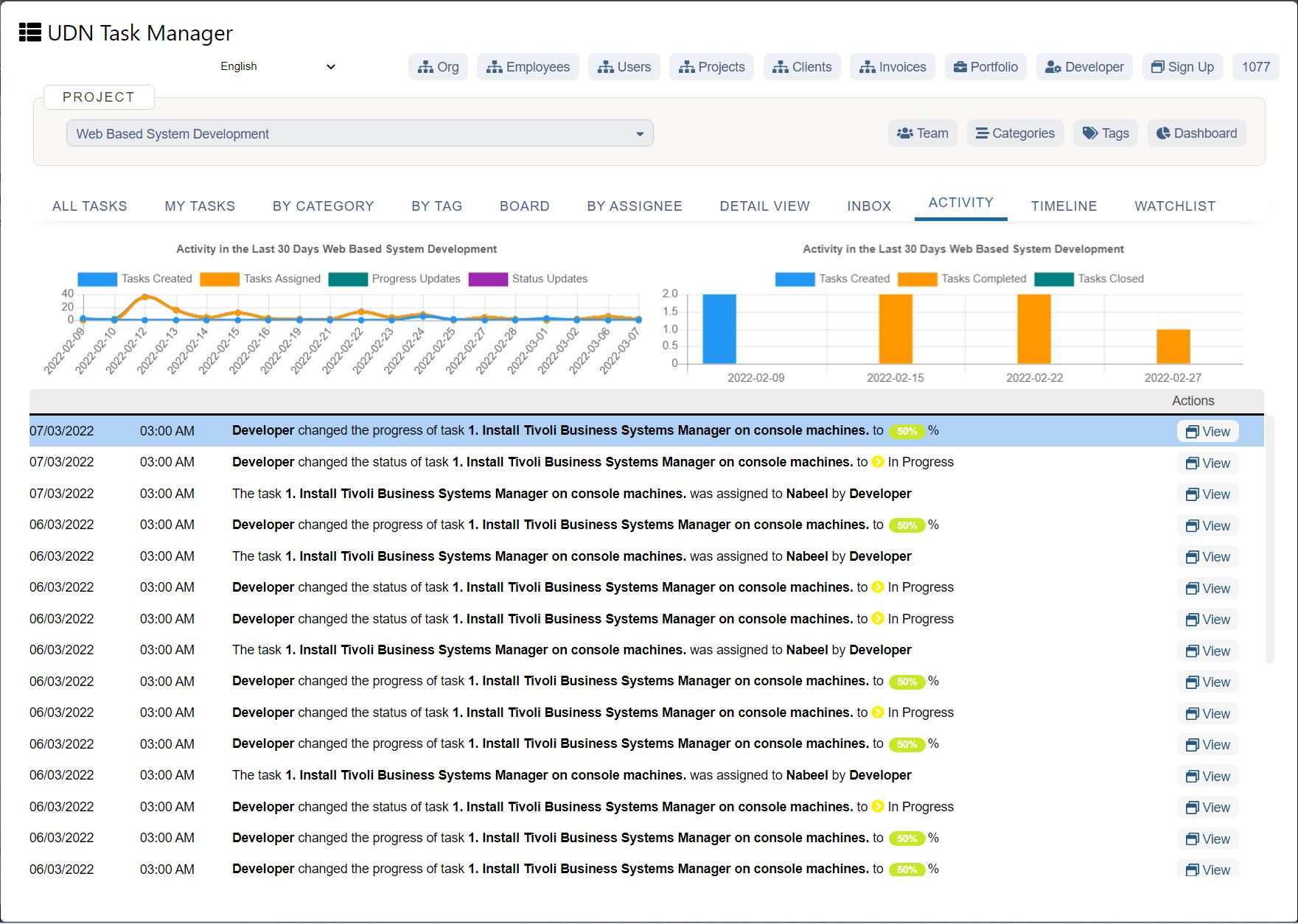
Genes and environment will define your happiness, unless you make conscious changes to your mindset and habits. If you do the latter, your happiness will no longer remain under the tyranny of your genes, childhood, and environment. Happiness is not the belief that we don't need to change, it is the belief that we can.
How do you help boost positivity in the workplace?
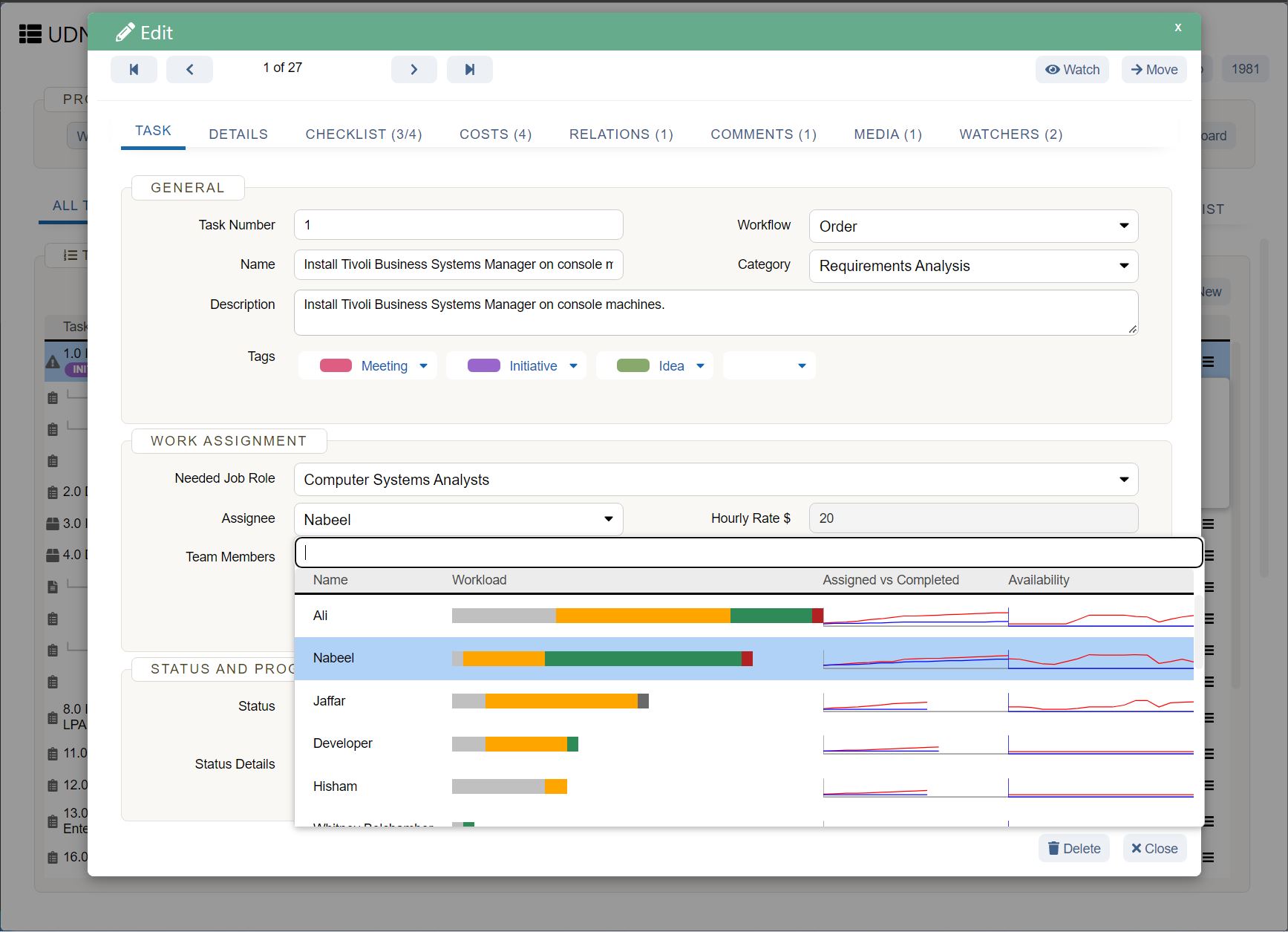
Share your experiences and ideas in the comments.
Bio:











